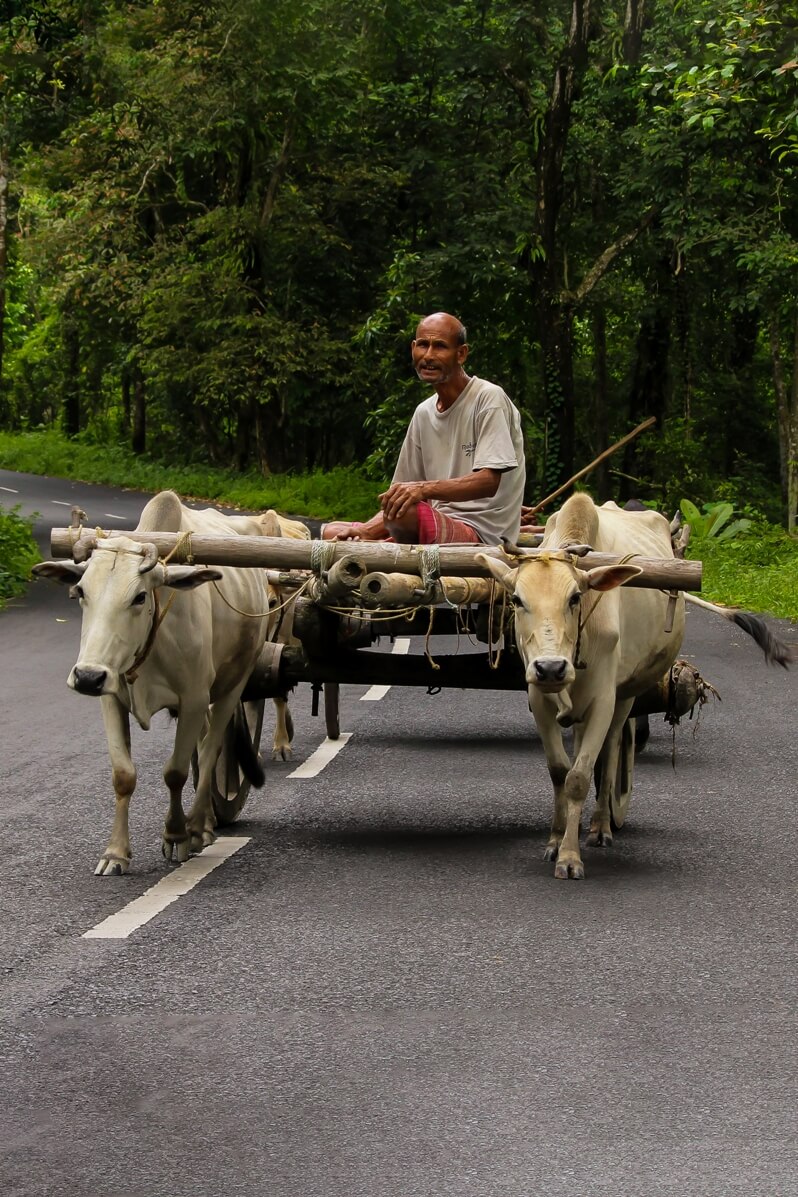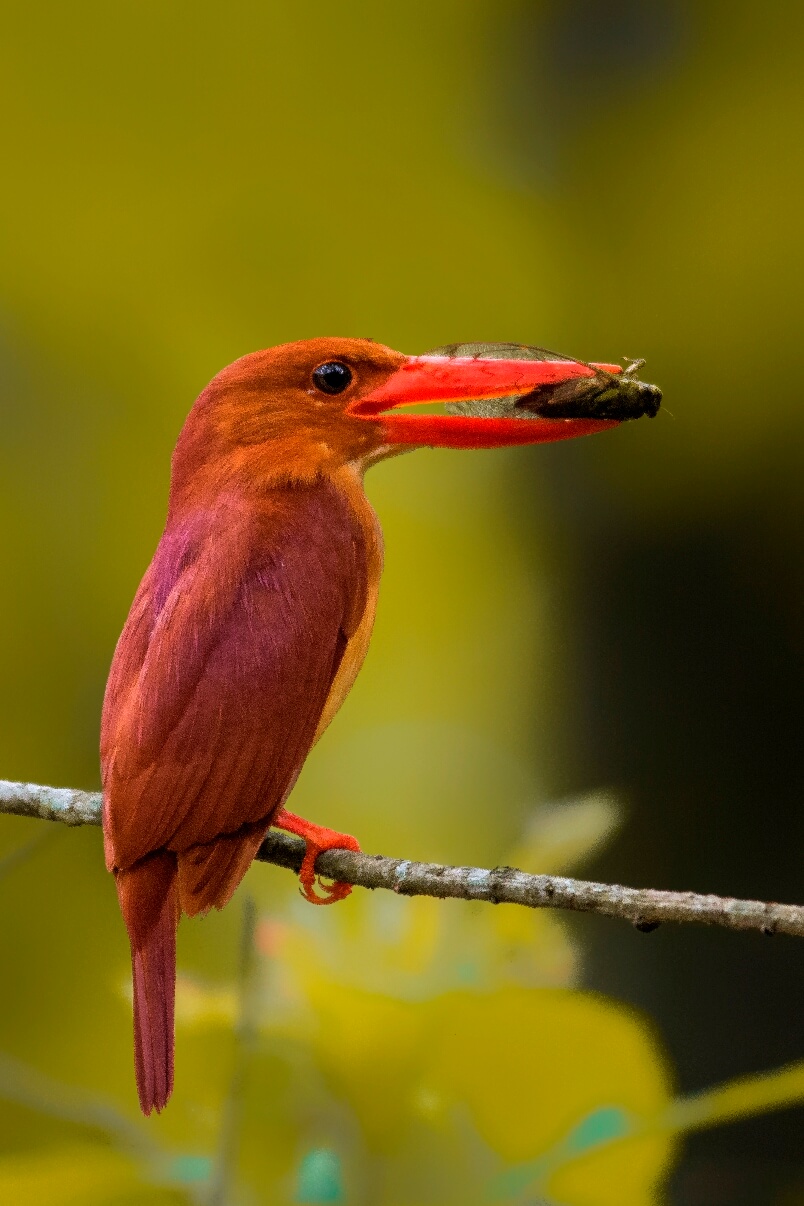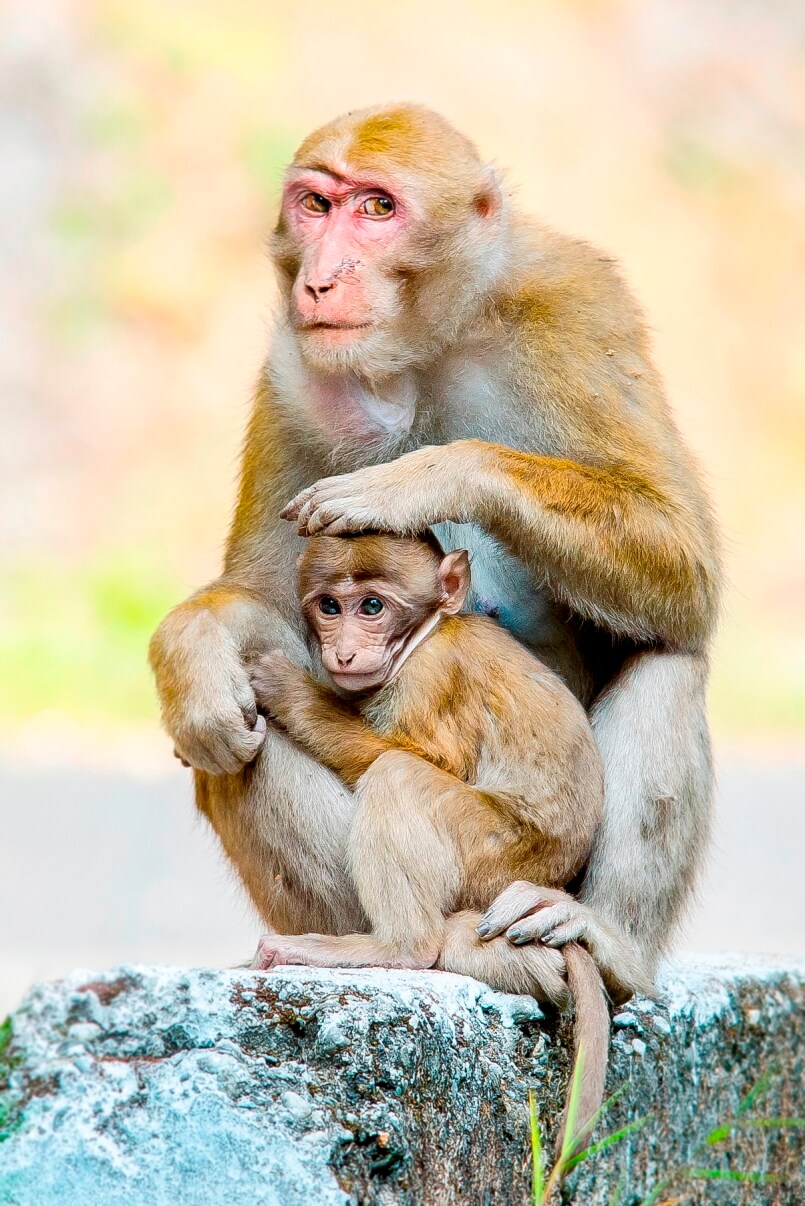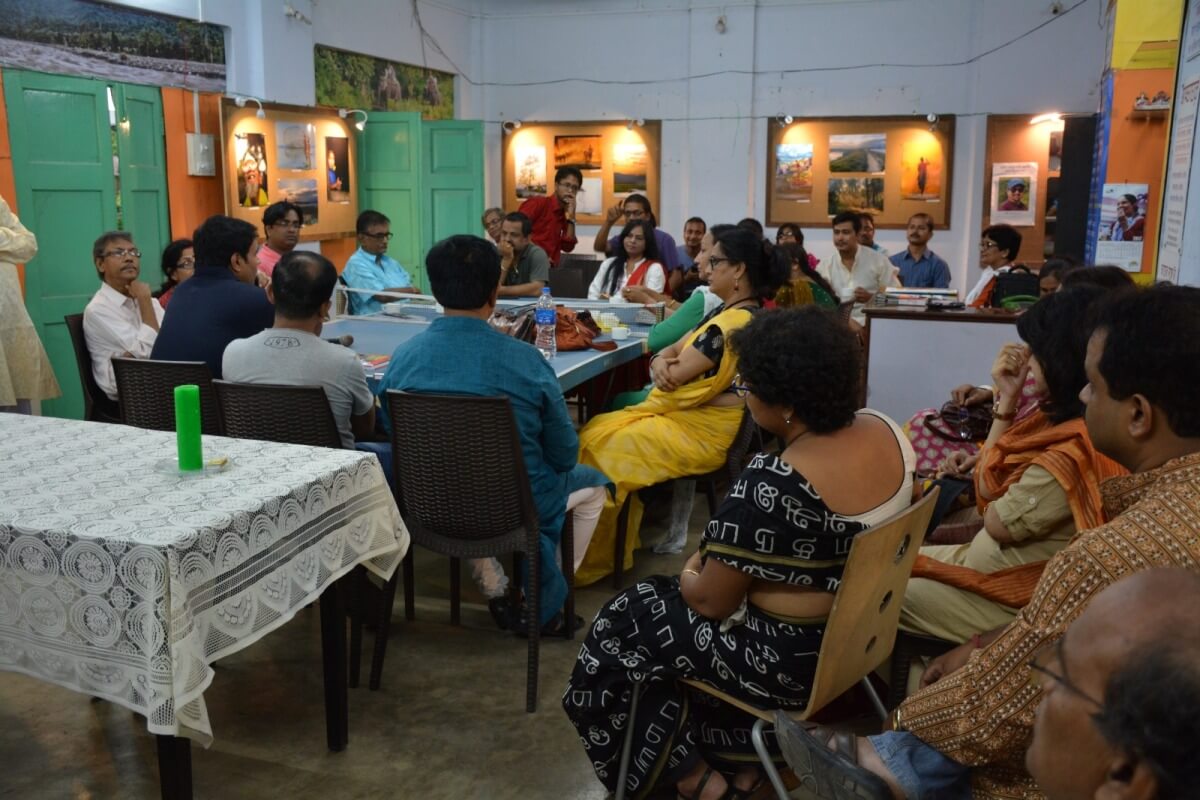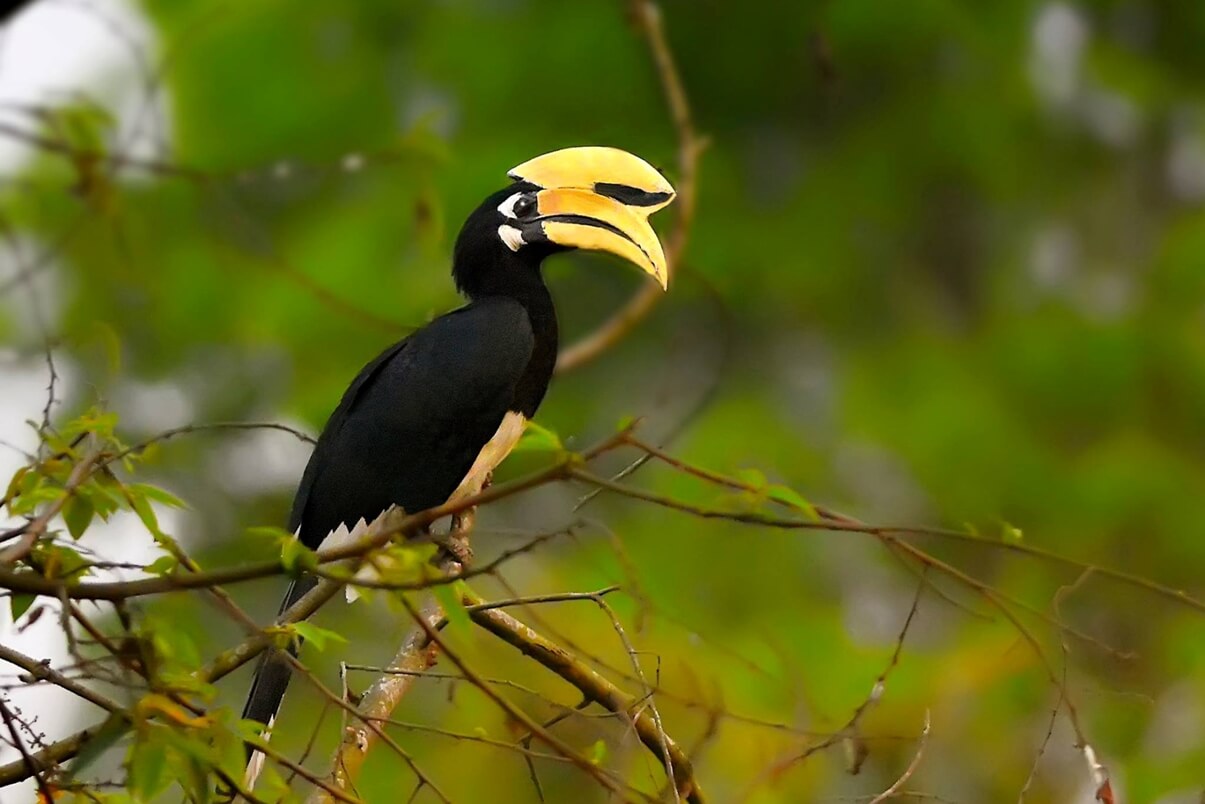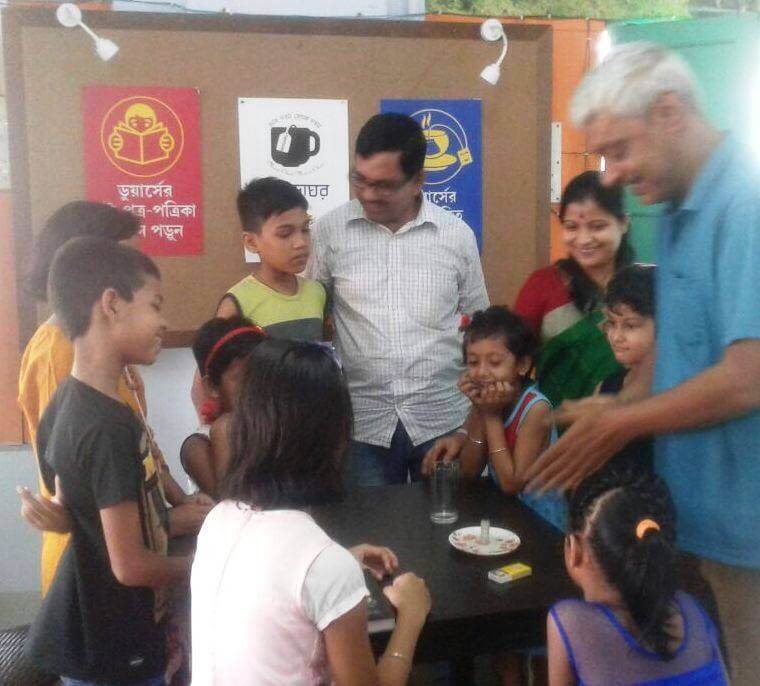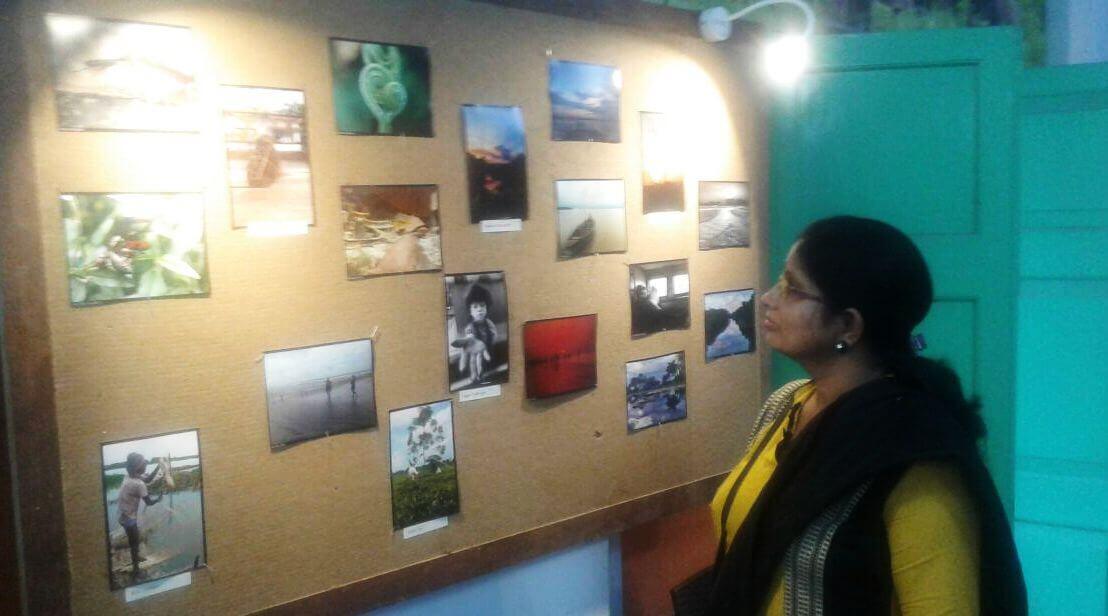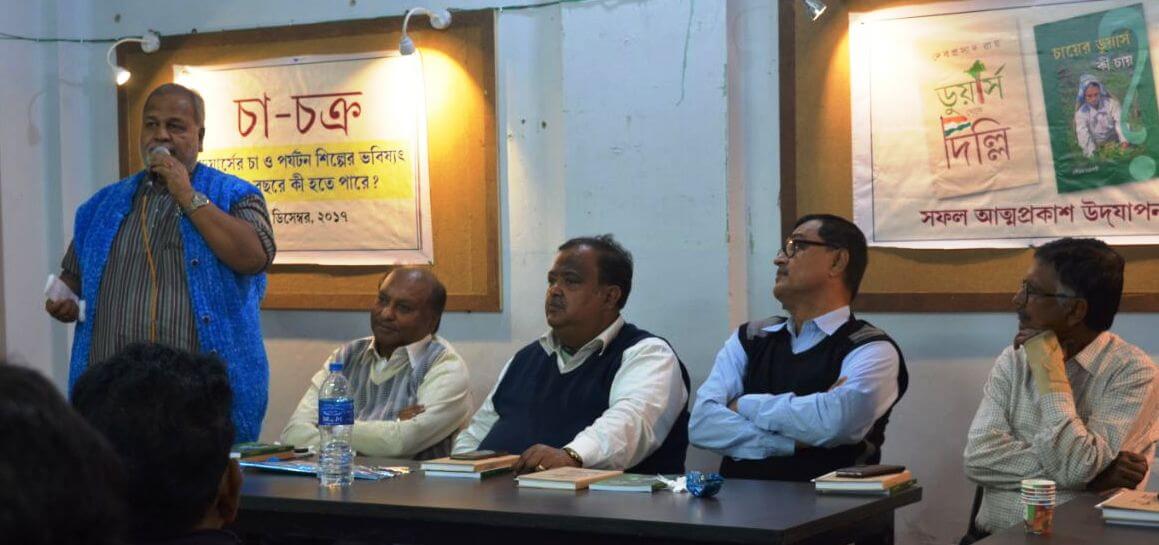Those who love to travel to mountains, forests or rivers to enjoy the untouched nature have a lot of responsibility towards nature. For the last one hundred years, in different parts of the world, destroying nature in the name of developing nature tourism has been rampant. Unfortunately, the so-called developed countries are involved in this destructive work. Now when they realise that irrecoverable damage has been done, they are calling the developing countries, let's save our Mother Earth.
In our country, the root cause of the relentless destruction of the environment is our uncontrolled population explosion, their gross illiteracy, and on top of that, the apathy of our state leaders and their populist politics. As a result, a kid or a teenager does not understand well what biodiversity or ecology is, or the importance of insects or the birds in the eco system. His parents or teachers do not teach him these things because they themselves do not understand too.
As a result, today our Himalayas, our rivers, our sea, our forests, our wildlife are all in crisis, and we do not understand it properly. The over-popularity of any tourist destination causes considerable damage to the natural environment there. Uncontrolled tourism not only harms nature, but also destroys the values, culture and emotions of the local inhabitants. Nowadays, home stay tourism has indeed brought prosperity to the local rural economy, but due to the lack of strict rules and regulations, it has been taken over by outside traders and fake folk culture which is not beneficial for the native community.
NEST Society strives towards generating awareness among these native people about their own natural and cultural resources and educating them about the sustainable utilization of those assets can bring their prosperity and happiness. At the same time, awareness among the urban & semi-urban young school-goers, who are going to be the responsible tourist of future, is our challenge. Building up a dynamic platform for displaying the ethnic art & crafts of this region to the global community who are concerned about the conservation of nature and native culture is also a major task.
